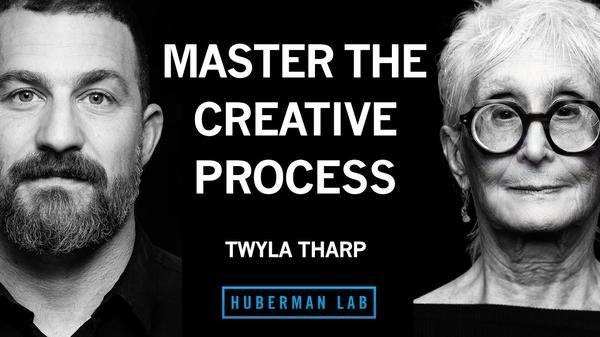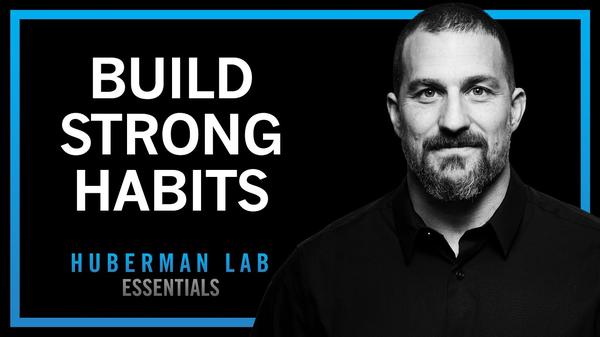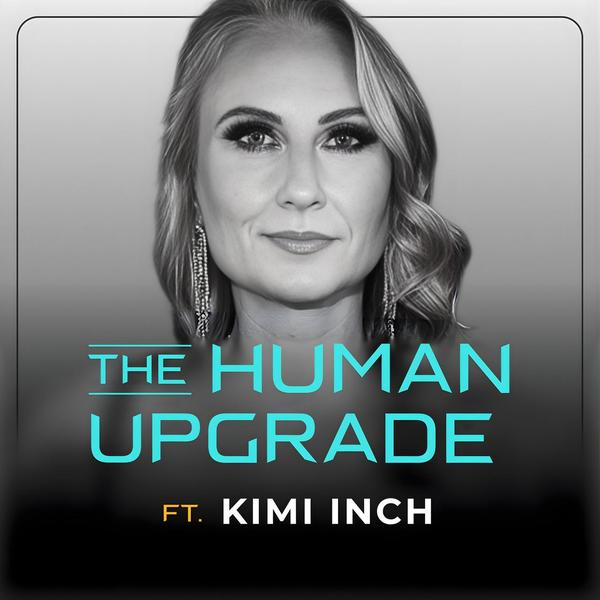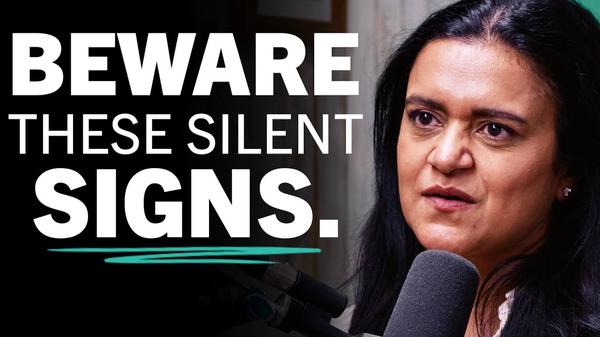
How to Control Your Inner Voice & Increase Your Resilience | Dr. Ethan Kross
Andrew Huberman
Nov 25, 2024
Mindsip insights from this episode:
Utilize mental time travel to alleviate nighttime anxiety
For middle-of-the-night anxiety, use 'mental time travel' by asking yourself how you will feel about the problem tomorrow morning to activate the understanding that the feeling is temporary.
Implement WHOOP framework to achieve your goals
The WHOOP (Wish, Outcome, Obstacle, Plan) framework helps you achieve goals by creating specific 'if-then' plans to overcome anticipated obstacles.
Recognize dark intrusive thoughts as normal brain function
Experiencing dark, intrusive thoughts is a normal function of the brain simulating worst-case scenarios to prevent you from doing them, not an indication of moral corruption.
Walk in nature to restore cognitive resources and reduce stress
Going for a walk in a green space is cognitively restorative because it gently captures your attention, allowing your mental resources to replenish, and can elicit awe, which shrinks your problems.
Build a supportive chatter advisory board for emotional validation and perspective
Your support system, or 'chatter advisory board,' should consist of people who first validate your emotions and then help you broaden your perspective to problem-solve, rather than just letting you vent.
Use distanced self-talk to combat internal chatter
To combat internal chatter, use 'distanced self-talk' by referring to yourself by your name or as 'you' to switch your perspective as if you were advising someone else.
Load problems before aerobic exercise to unlock solutions
A useful strategy for problem-solving is to load up an issue in your mind before an aerobic exercise session and then let solutions bubble up unconsciously during the workout.
Offer invisible support to empower others
Unsolicited help can backfire by implying incapability, so providing 'invisible support' by helping without shining a spotlight on your actions is more effective.
Utilize sad music for introspection and emotional support
Listening to sad music when you're sad is not masochistic, as all emotions, including sadness, are functional in the right proportions to signal a need for introspection and support.
Avoid venting negative emotions to prevent amplification
Data points to the fact that venting your negative emotions to others is actually bad because it tends to amplify bad emotions.
More from
Andrew Huberman
You also might be interested in
The Hidden Damage That Happens "Behind-The-Scenes" In The Adult Entertainment Industry, With Former Adult Actress Felicity Feline
The Science of Erotic Altered States | Biohacking Sex
Neuroscientist: If You’re Feeling THIS, You’ve Lost Touch With Your True Self
Neuroscientist: If You Feel THIS, You're Living the Wrong Life (Unlock The One You're Meant For)
Drain your Brain, Protect it from Alzheimer’s Disease













